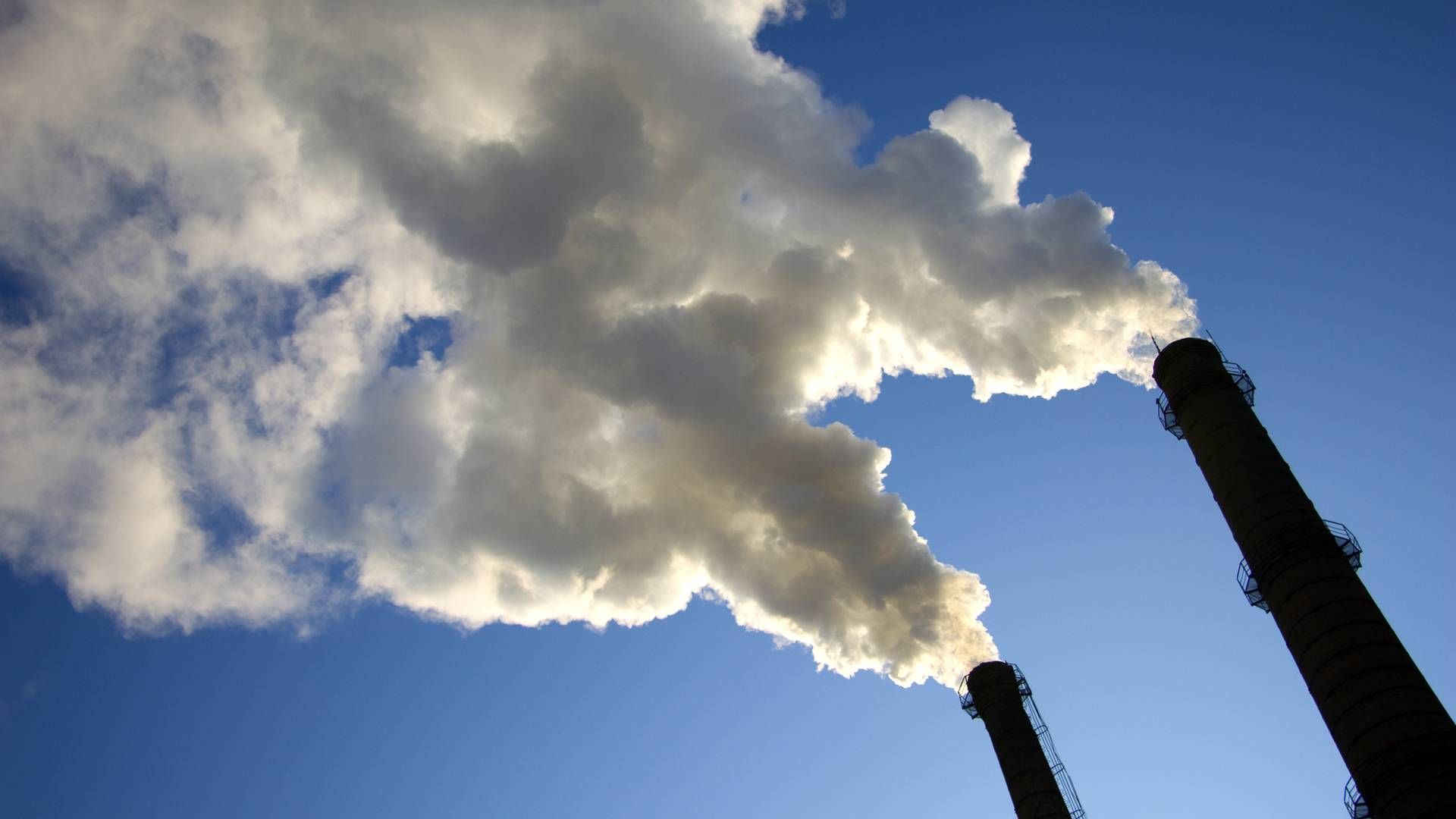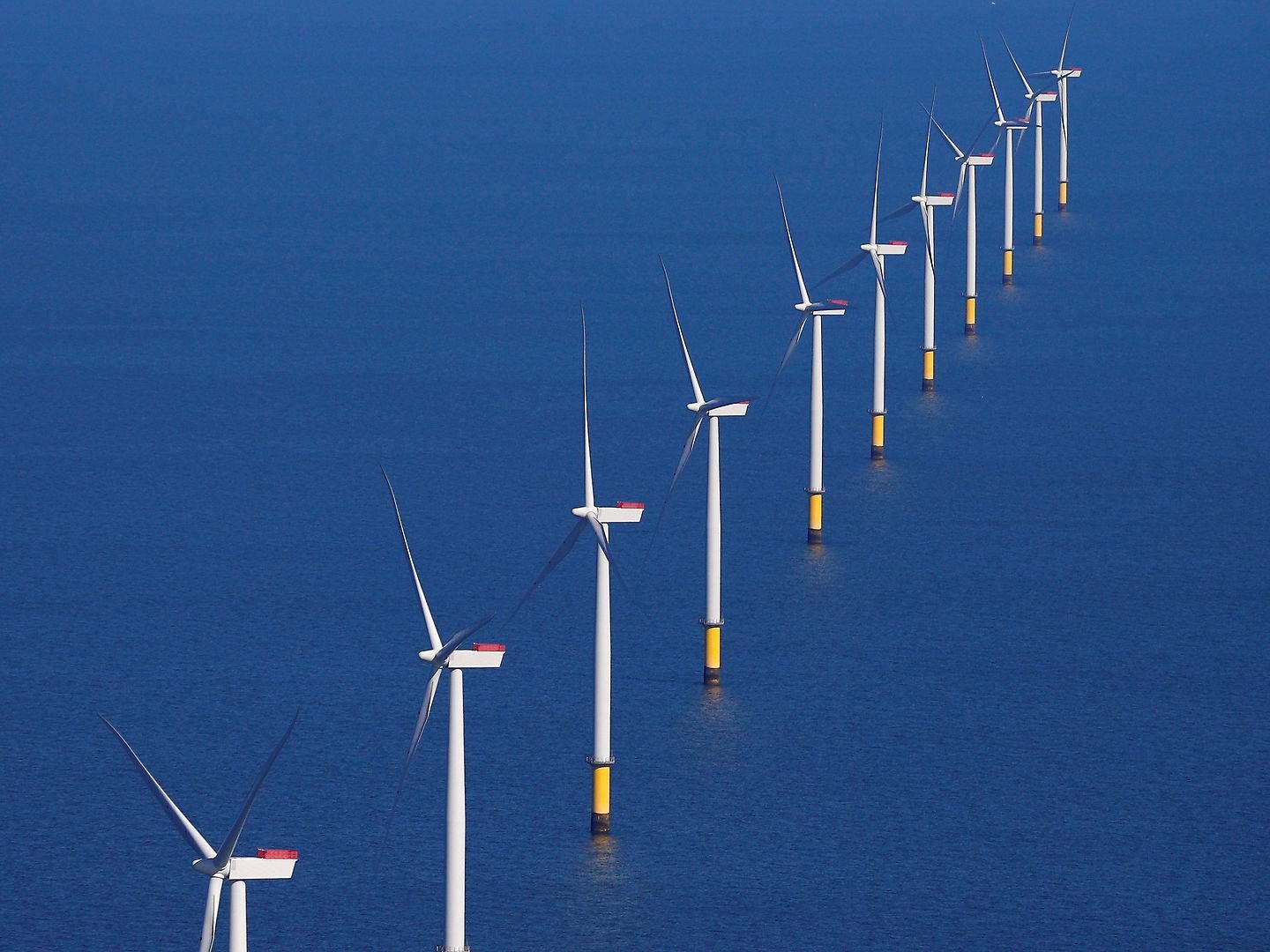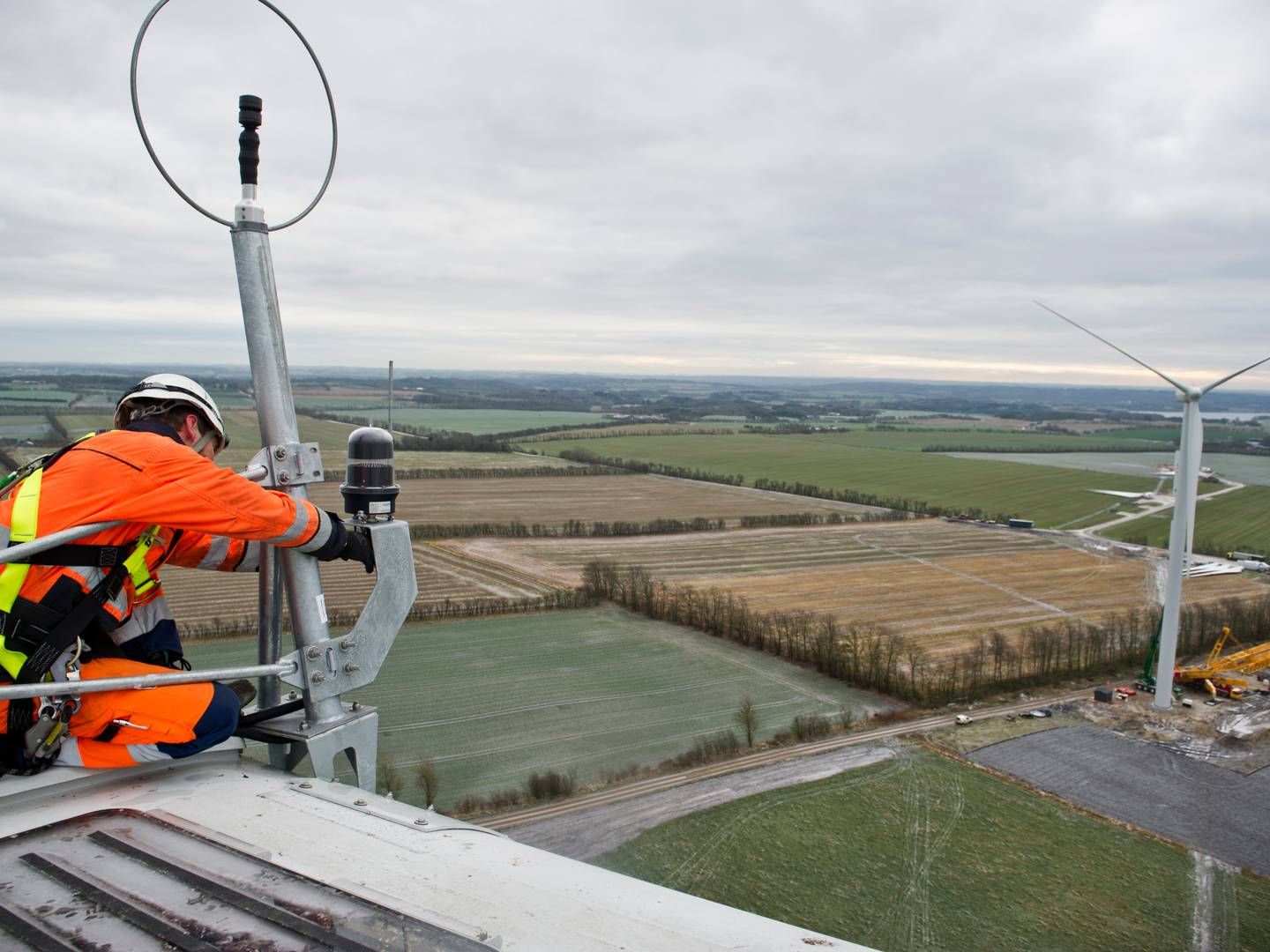IEA criticizes governments for shirking climate change

When it comes to climate change, the divide between what politicians say and do is profound.
"There's a fundamental lack of cohesion between the climate political ambitions and the reality that unfolds on the basis of political actions," states Fatih Birol, executive director of the International Energy Agency (IEA).
In the just published annual report World Energy Outlook 2019, the IEA emphasizes the consequences of continuing the current energy policies around the world.
On the one hand, all countries support the UN's Sustainable Development Goals. On the other hand, however, it remains a fact that 850 million people around the world do not have access to electricity.
On the one hand, recent scientific evidence emphasizes the necessity for an even faster reduction of greenhouse gas emissions than outlined in the current Climate Agreement. On the other hand, the reality is that the global, energy-related greenhouse gas emissions reached a new record-high in 2018.
Graph translation: Global CO2 emissions in billion tons. Source: BP
"With the current scenario, global energy demand will increase 1.3 percent per year ahead of 2040, which will result in a brutal growth in greenhouse gas emissions," says Birol.
If the development is to move in the direction set out in the UN Climate Agreement, global energy consumption can only increase by 1 percent per year ahead of 2040, and half of this growth must be covered by renewable energy, led by solar power, while a third should come from natural gas, which is the least polluting fossil fuel.
In this scenario, growth in the global oil consumption is set to stagnate in the 2030s, while coal consumption should start to decrease.
Despite political ambitions in the UN's Climate Agreement, the momentum fueling renewable energy technologies is not sufficiently large to keep up with the growth of both the global economy and the global population at once, while also making up an even larger part of the global energy supply.
"Admittedly, the increase in greenhouse gas emissions will slow, but we will not see a culmination on this side of 2040, and will therefore be far from reaching the UN Sustainable Development Goals by 2030," says Birol.
English Edit: Ida Jacobsen
Energy optimization loses steam: Slowest advance in 10 years
Total to quit US oil lobby group over climate policy stance
IEA: Offshore wind could become Europe's largest power source from 2050
IEA puts offshore wind center stage
New EU directive adds big energy savings
IEA: Doubling renewable capacity insufficient to hit climate targets




















.jpg&w=384&q=75)




